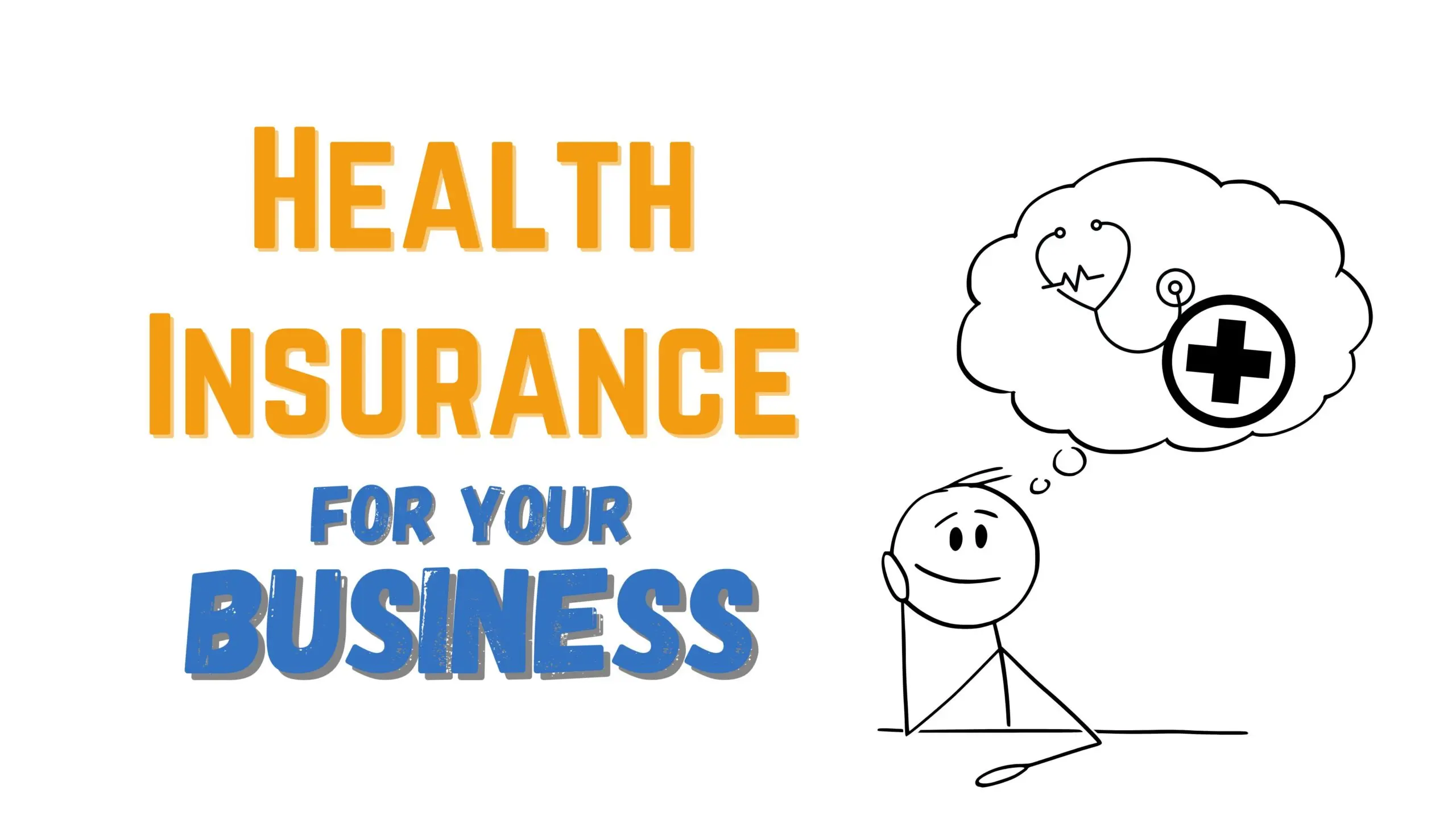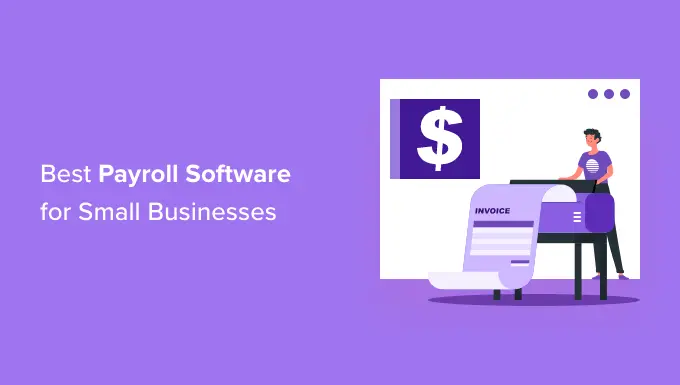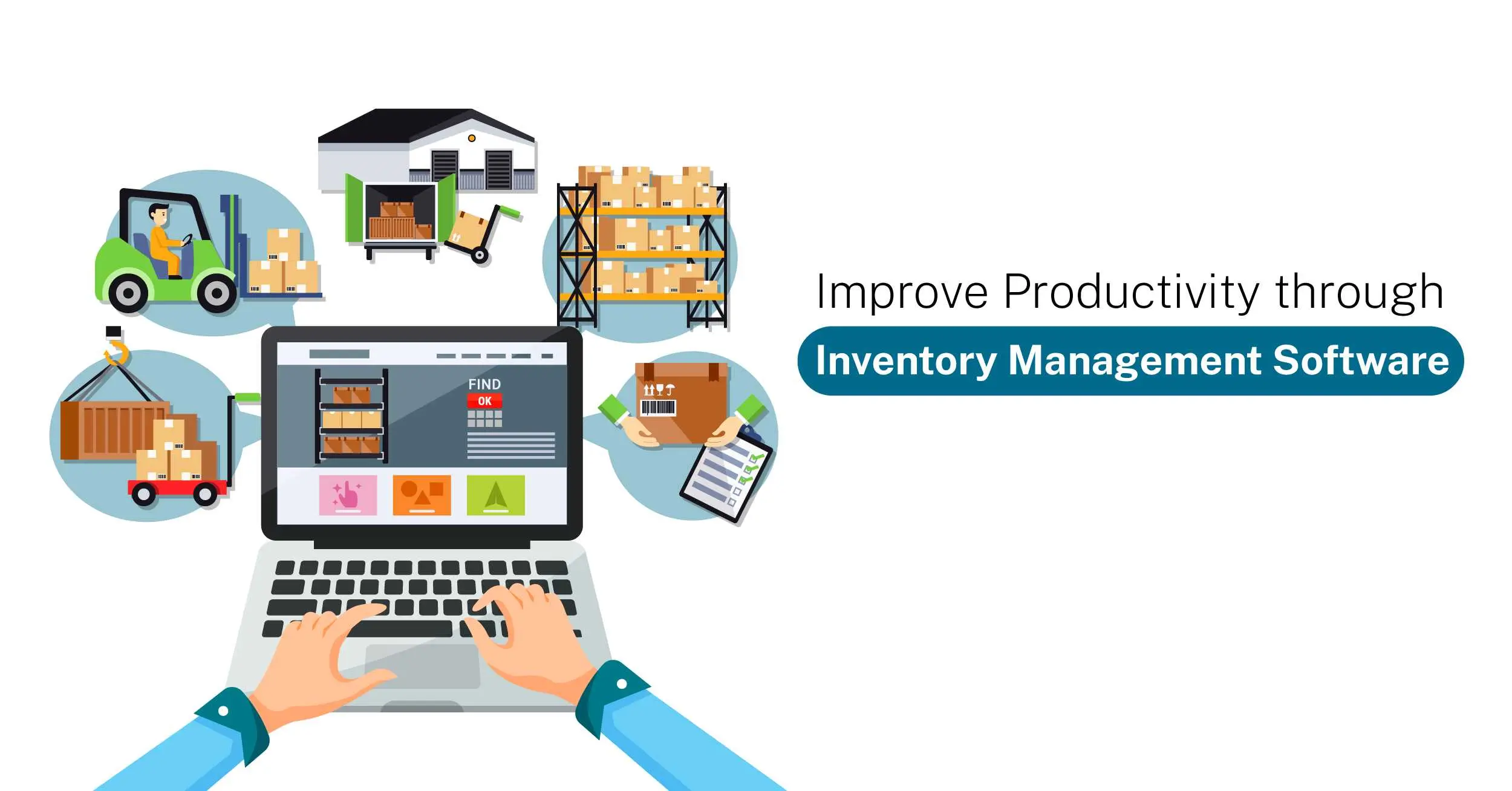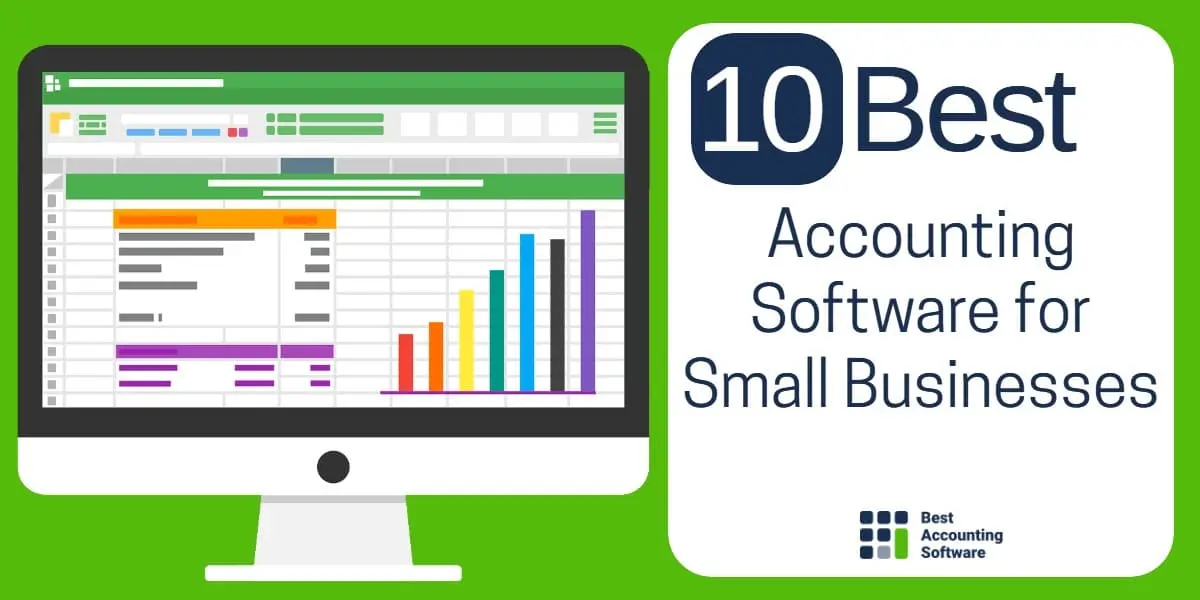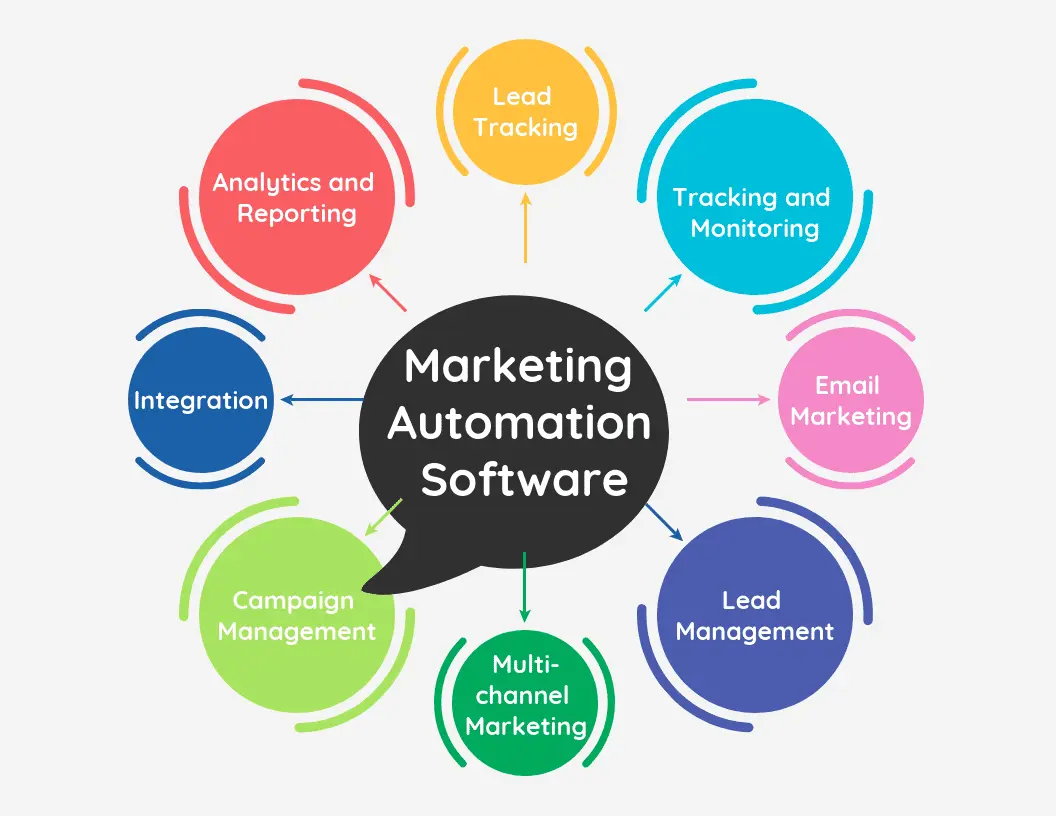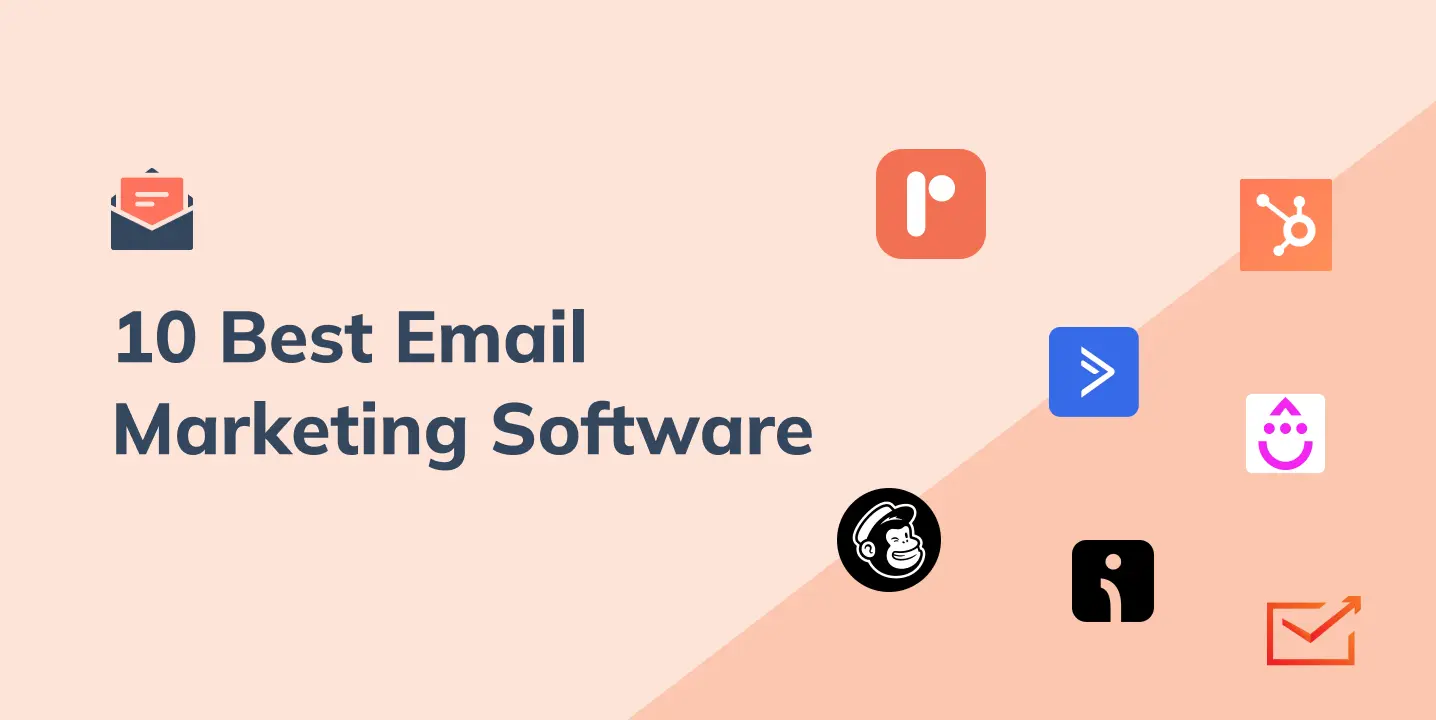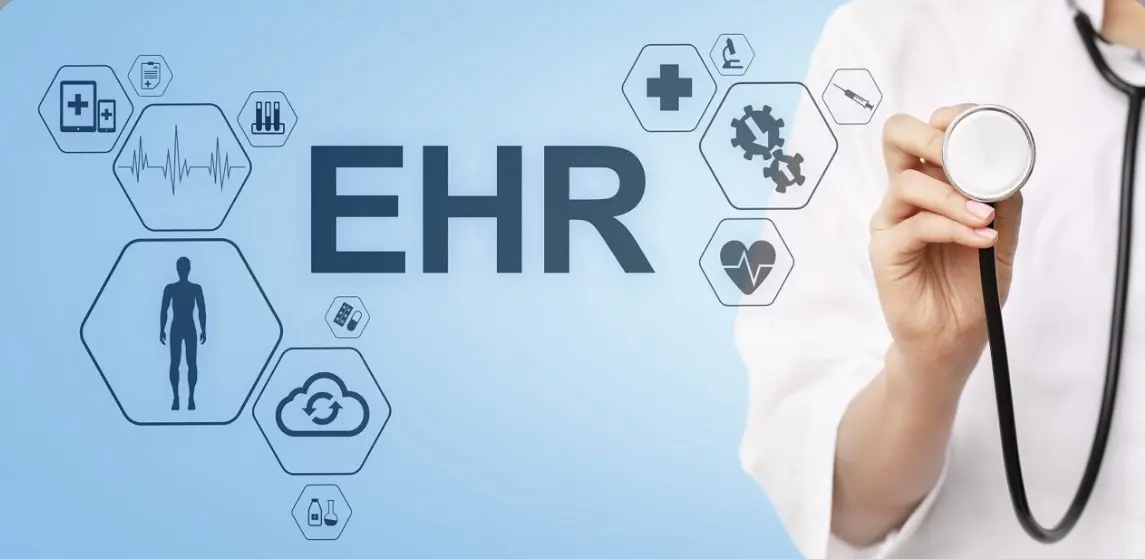
The healthcare industry is increasingly relying on technology to enhance patient care, streamline operations, and ensure compliance with regulations. Electronic Medical Records (EMR) and Electronic Health Records (EHR) systems are at the forefront of this transformation. As we step into 2024, several EMR and EHR software solutions stand out for their features, ease of use, integration capabilities, and overall performance. Here are the top 10 best EMR and EHR software for 2024:
1. Epic Systems
Overview
Epic Systems continues to be a leader in the EHR industry, known for its comprehensive and integrated approach to healthcare management.
Key Features
- Interoperability: Seamless integration with other healthcare systems.
- Patient Portal: Offers robust patient engagement tools.
- Customizable Workflows: Tailored to meet the needs of different specialties.
Pros
- Highly customizable.
- Strong customer support.
- Extensive training programs.
Cons
- Expensive implementation.
- Steep learning curve.
2. Cerner
Overview
Cerner is another giant in the EHR market, providing solutions that cater to large hospitals and health systems.
Key Features
- Population Health Management: Advanced tools for managing patient populations.
- Analytics: Real-time data analytics for better decision-making.
- User-Friendly Interface: Intuitive design for ease of use.
Pros
- Excellent data analytics.
- Wide range of functionalities.
- Good interoperability.
Cons
- High cost.
- Complex setup process.
3. MEDITECH
Overview
MEDITECH offers a versatile EHR platform that supports various healthcare settings, from small practices to large hospitals.
Key Features
- Cloud-Based Solutions: Provides cloud-based EHR options.
- Mobile Access: Enhances mobility with mobile-friendly features.
- Patient Engagement: Strong focus on patient engagement and satisfaction.
Pros
- Cost-effective solutions.
- Reliable customer support.
- Flexible and scalable.
Cons
- Limited third-party integrations.
- User interface can be outdated.
4. Athenahealth
Overview
Athenahealth is known for its cloud-based services and has a strong emphasis on improving practice efficiency.
Key Features
- Revenue Cycle Management: Integrated tools to optimize revenue cycle.
- Clinical Documentation: Streamlined clinical documentation process.
- Interoperability: Easily integrates with other systems.
Pros
- Easy to use.
- Strong revenue cycle management.
- Good interoperability.
Cons
- Occasional system downtime.
- Customer support can be inconsistent.
5. Allscripts
Overview
Allscripts offers EHR and practice management solutions that cater to a wide range of healthcare providers.
Key Features
- Open Platform: Facilitates integration with various healthcare apps.
- Patient Engagement Tools: Comprehensive tools to enhance patient engagement.
- Data Analytics: Robust analytics capabilities.
Pros
- Open and flexible platform.
- Strong patient engagement features.
- Good data analytics.
Cons
- Can be costly.
- Interface can be complex.
6. eClinicalWorks
Overview
eClinicalWorks provides an all-in-one EHR solution known for its affordability and comprehensive feature set.
Key Features
- Telehealth: Integrated telehealth capabilities.
- Patient Portal: Advanced patient portal for better engagement.
- Mobile App: Offers a mobile app for on-the-go access.
Pros
- Affordable pricing.
- Comprehensive feature set.
- Good telehealth integration.
Cons
- Customer support can be slow.
- Initial setup can be challenging.
7. NextGen Healthcare
Overview
NextGen Healthcare is ideal for small to medium-sized practices, offering a highly customizable EHR solution.
Key Features
- Specialty-Specific EHR: Customizable for different specialties.
- Integrated Practice Management: Combines EHR with practice management tools.
- Telehealth: Built-in telehealth features.
Pros
- Highly customizable.
- Good for small to medium practices.
- Integrated practice management.
Cons
- Can be expensive.
- Interface can be improved.
8. Kareo
Overview
Kareo is designed for small practices and offers a user-friendly, cloud-based EHR solution.
Key Features
- Practice Management: Includes robust practice management tools.
- Billing Solutions: Integrated billing features.
- Patient Engagement: Strong focus on patient engagement.
Pros
- Affordable.
- Easy to use.
- Good customer support.
Cons
- Limited advanced features.
- Not ideal for large practices.
9. Greenway Health
Overview
Greenway Health offers EHR solutions that are designed to streamline workflows and improve patient care.
Key Features
- Interoperability: Integrates well with other systems.
- Revenue Cycle Management: Comprehensive revenue cycle management tools.
- Patient Portal: Advanced patient portal features.
Pros
- Strong interoperability.
- Good revenue cycle management.
- Easy to use.
Cons
- Can be costly.
- Customer support can be inconsistent.
10. Practice Fusion
Overview
Practice Fusion is a cloud-based EHR system known for its ease of use and affordability.
Key Features
- Cloud-Based: Fully cloud-based for easy access.
- Patient Engagement: Strong patient engagement tools.
- Interoperability: Good integration with other healthcare systems.
Pros
- Affordable.
- User-friendly.
- Good patient engagement features.
Cons
- Limited advanced features.
- Customer support can be slow.
Conclusion
Choosing the right EMR or EHR software is crucial for the efficiency and effectiveness of healthcare delivery. Each of the top 10 systems listed above offers unique features and benefits, making them suitable for different types of healthcare providers. As the healthcare landscape continues to evolve, these EMR and EHR solutions are poised to help providers improve patient care, streamline operations, and stay compliant with regulatory requirements.

